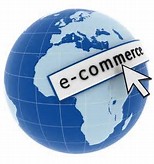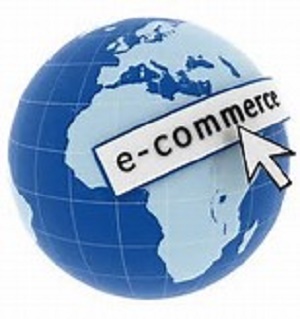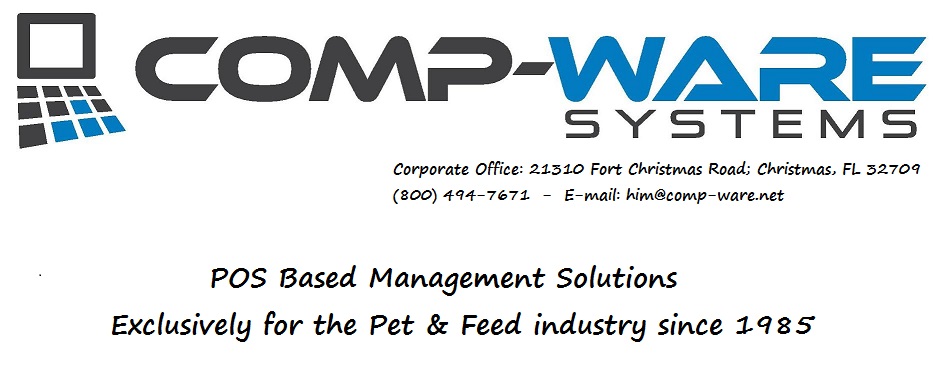 An online store, also known as E-Commerce, can be a profitable addition to your business if you choose the right system. How do you decide which system is best for your store?
An online store, also known as E-Commerce, can be a profitable addition to your business if you choose the right system. How do you decide which system is best for your store?
Read: Should You Expand to E-Commerce
1. Ease of use. Your online store should be easy for your customers to navigate and use, and also easy for you to manage.
Some e-commerce sites are difficult to set up and manage, and can be equally cumbersome for customers. If your system creates much more work for you, it’s not helping your business. In fact, it may be quite harmful.
2. Flexible features. A one size fits all platform might be easy at first. However, if it cannot be modified to your individual needs easily and at a reasonable cost, you will soon realize its limitations.
You need the ability to choose your store set up, your featured products, your shipping and pick up options, and much more. Choose a system that is flexible to grow and change with your store. While today you might want a simple platform that has few variables but soon you might want to change or add to that. Your E-Commerce store should work with you and be very maneuverable.
3. Seamless integration with your current point of sale system. If your in-store POS cannot integrate completely with the E-commerce platform, your inventory management, sales management, and other functions will be quite difficult to manage and utilize.
When you sell a red size 14 dog collar from your online store, your in-store inventory should show one less in inventory. Many carts require extra programming, meaning higher costs, to integrate with your in-store point of sale system. By choosing a system that integrates seamlessly, or one that will integrate without an additional cost, you save a lot of time and money.
4. Future add-ons and enhancements to allow for continued use as your needs and those of the online community change.
Technology and its components such as E-commerce are constantly changing and being upgraded. Make sure your online store can be modified easily as needs change. Also, look for a platform that is being updated and kept current.
5. Templates and designs that are attractive and customizable.
A clean, attractive design that features your products and can be customized to your needs will help your sales in immeasurable ways.
 6. Unlimited product capability.
6. Unlimited product capability.
How many products do you now carry? How many will you add? Some platforms allow a finite number, but others are limited only by your host capabilities. Even if you believe a platform will be large enough now, the ability to feature an unlimited number of products will prove useful.
7. Reasonably priced for start up and reasonable monthly fees.
The start up fees may be minimal or not existent, but be sure you know how much they are and what they cover. One platform might have no start up fees, but you will need to set up and load your system, often costing hundreds of hours or thousands of dollars. Know what is covered and what is not.
The same is true for monthly fees. What is covered by them? Is your site fully maintained? Do you need to run updates on the site, updates on products, and perhaps manage other aspects or is that all or partly covered?
8. Strong SEO performance.
Your website should be SEO prioritized, and so should your E-Commerce site. Some platforms work closely to maximize SEO, while others require you to manually do so. Look for one that will keep your SEO performance at its strongest.
9. Reliable platform with support as needed.
When your online store is not functioning properly, you are not making money. A strong platform that performs well constantly and is supported continually ensures your e-commerce store will perform to its best.
10. Know all the costs, fees, responsibilities, and features.
This can be a challenge. Each platform will have its own different packages; some will be free, others may be thousands of dollars to set up. Know what the setup and monthly fees include. Other fees may also apply, including a percentage of each sale.
What are your responsibilities? Do you need to design the site and load each product? Are the product updates your responsibility? Moreover, will you need to maintain the site, itself?
Compare features that are included in the package you are considering. Are the features you require included, will you need to pay extra, or are they even available? If you require changes, how long will that take? Additionally, when you contact support, what response time should you expect?
If you need someone to design and maintain your site, is that available from the platform company? If so, what fees will you accrue?
Knowing what is included and what you can expect enables you choose the right e-commerce platform to propel your online store. Overall, it’s best to find one that will fully function for you to propel your store to it’s full potential.
Read: Should you Expand to E-Commerce?




Recent Comments